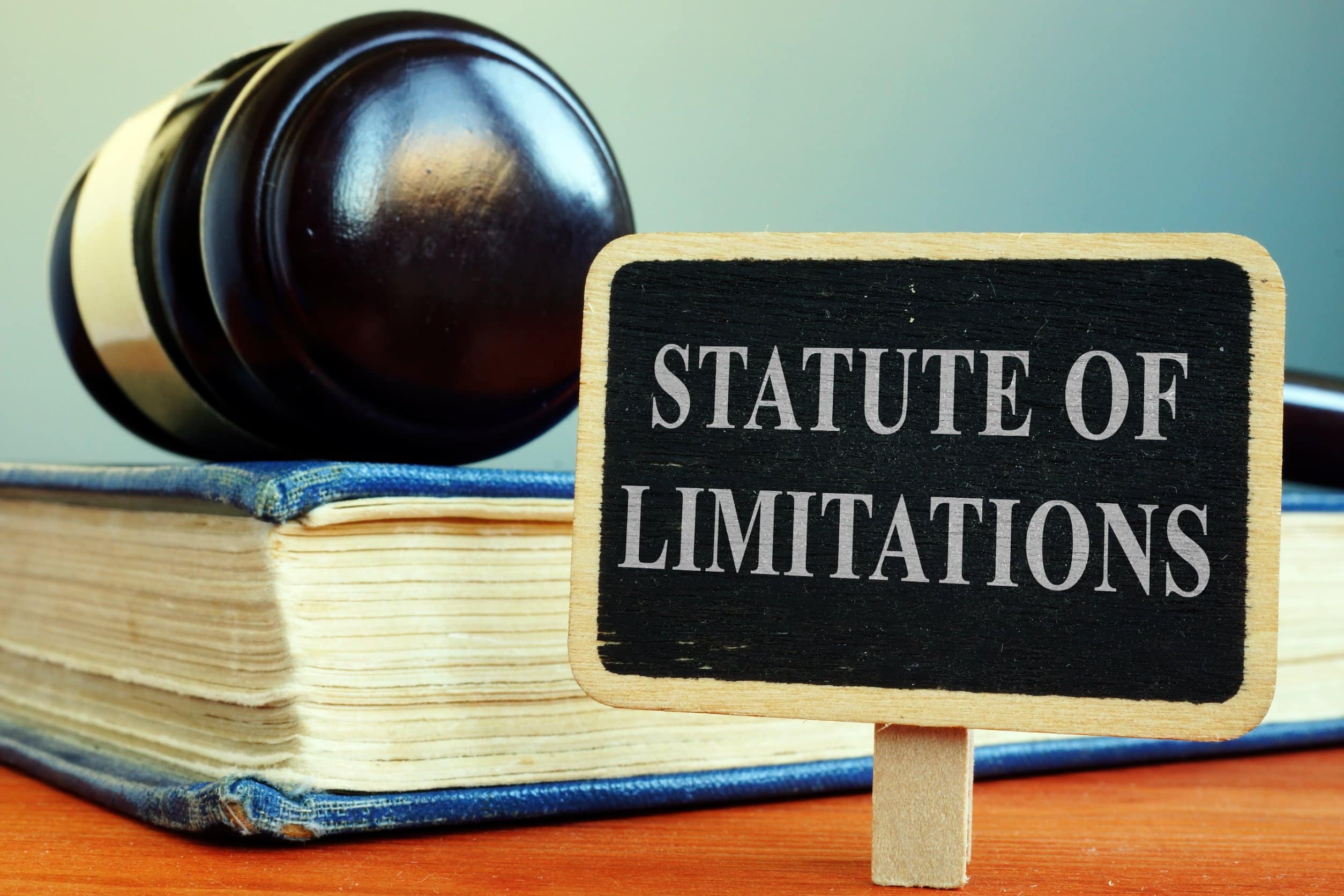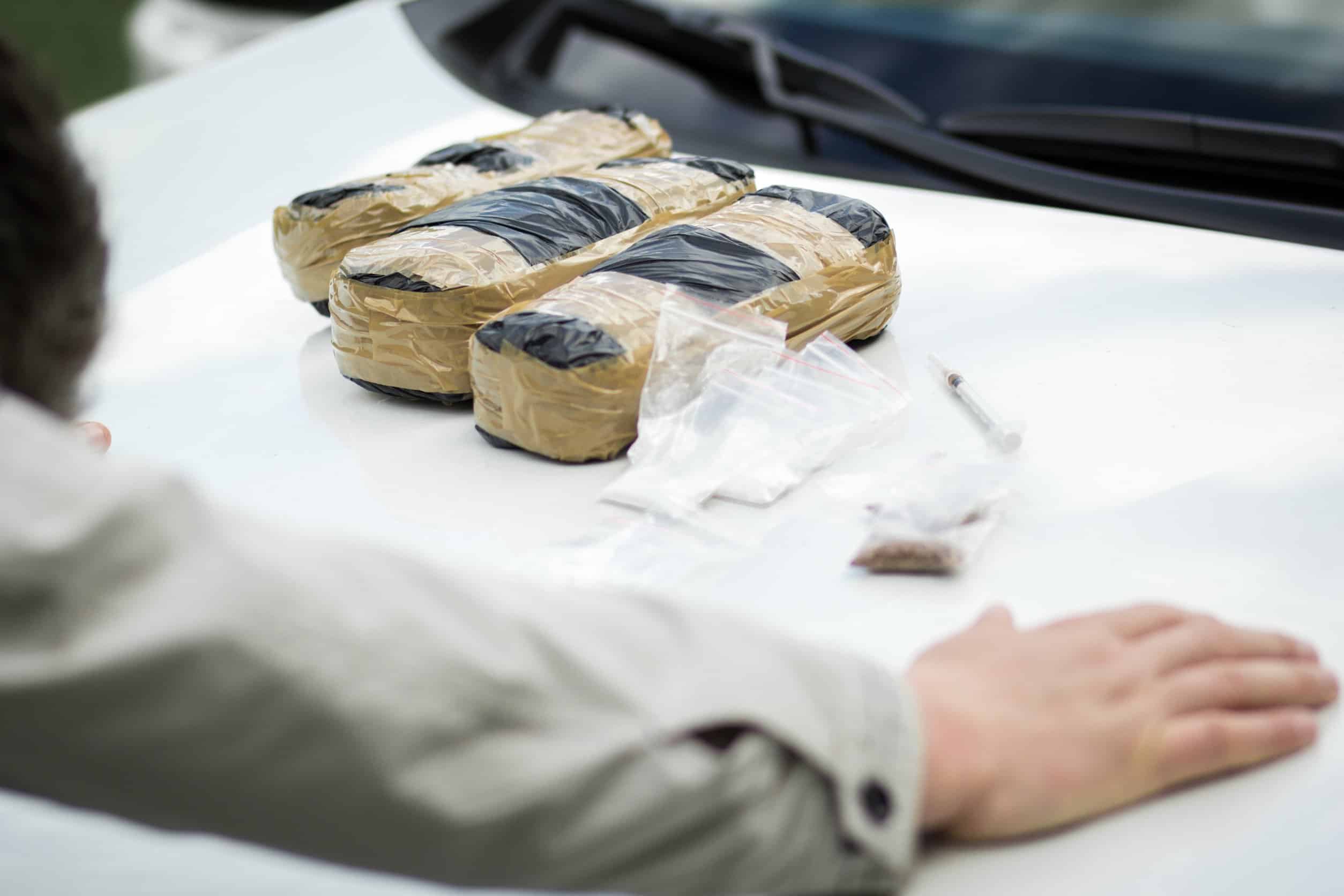- Home
- THE FIRM+
- Criminal Defense+
- CASE RESULTS
- AREAS WE SERVE+
- FAQ’s
- Blog
- Contact
AZHARI LLC BLOG

Posted By: Sami Azhari
Category:
When someone commits a crime, they aren’t always arrested right away. In fact, a lot of time can go by between the commission of a crime and being formally charged with it.
However, to protect all involved, the state has what is called a statute of limitations on crimes, including drug crimes. A statute of limitations is the time limit in which certain criminal charges can be brought. There are some very serious crimes with no statute of limitations on prosecution, but when you’re talking about Illinois drug crimes there is a statute of limitations in most cases.
What is the statute of limitations on drug crimes in our state? Read on to find out the answer to that question and more.
The Illinois Controlled Substances Act
In Illinois, a law called the Controlled Substances Act makes having any type of illegal drug a crime. Being caught with illegal substances – or substances for which you do not have a legal prescription – can have you facing serious criminal charges.
It’s important to note that not all drugs are treated equally under the Act. Different drugs are grouped together in different categories based on how likely the drug is to be abused, the risk of dependency, and if there are any accepted medical uses for the substance. Which schedule a drug is on has a direct impact on how serious the charges against you can be here.
The categories of drugs range from Schedule I to Schedule V. Schedule I drugs are substances such as peyote, MDMA, heroin, and ecstasy – drugs that are considered to be highly addictive with no accepted medical use. Schedule V drugs, at the other end of the spectrum, are drugs that are considered to have a low potential for dependency and abuse and have accepted medical uses, such as Lyrica or cough syrup with codeine.
Drug Charges in Illinois
You can potentially be charged with a variety of drug crimes in our state, such as:
- Drug Possession
- Drug Trafficking
- Drug Manufacturing
Each of these charges can be very serious in its own right, particularly if they involve a drug that is designated to a higher schedule.
What Penalties Can You Face for Illinois Drug Charges?
For drug charges in Illinois, the penalties you face depend on what type of charges you are up against, what drugs are involved, and how much of the drugs are involved. Possession of 99 grams of a Schedule I drug, for example, can result in up to 15 years behind bars, while 500 grams of that same substance can send you to prison for as many as 50 years.
Drugs on the lower schedules, such as Schedule III, IV, or V can result in Class 4 felony charges, punishable by as many as three years in prison and fines of up to $25,000.
Illinois Drug Crimes: What Is the Statute of Limitations?
The statute of limitations on criminal charges in Illinois is generally three years for a felony and 18 months for a misdemeanor. This means that the state must bring charges against you within that time limit. If they do not, then you cannot face criminal penalties for any act that occurred further back than the statute of limitations.
Contact an Experienced Drug Crime Defense Attorney Today
Worried about prosecution for something you might have been involved with? Not sure whether you are protected by the statute of limitations or not? Talking to a knowledgeable Chicago criminal attorney is free and confidential. And if you should be concerned about a potential charge, it’s better to know before that charge is brought against you.
If you’re concerned about potential drug crime charges or unsure about the statute of limitations for a past offense, it’s crucial to seek legal advice. Contact our experienced Chicago criminal attorney at Azhari LLC for a free and confidential consultation. Our team can provide you with the guidance you need to understand your situation and protect your rights.
Don’t wait until charges are brought against you. Get ahead of the situation and ensure you have the best possible defense. Contact us today to schedule your consultation.
About the Author
Sami Azhari has been working as a lawyer since 2007, after receiving his Juris Doctor from the Michigan State University College of Law. He has handled numerous state and federal cases, and is known throughout the Chicago and Rolling Meadows area for providing his clients with high-quality, skilled representation. He has been recognized by Avvo (2013 and 2018), SuperLawyers (2015-2020), The National Trial Lawyers, and other notable organizations, and has spoken at a number of legal conferences.


























































